Description
To know if a product is more or less respectful of the environment we have at our disposal the eco-labels, which provide us with this information. For example, they allow us to assess which product has a lower environmental impact compared to others of the same category and characteristics, taking into account the consumption of water, energy or raw materials, as well as the generation of waste or use of substances that are toxic or harmful to the environment and to human beings throughout their life cycle, whether during manufacture, during their useful life or once they have become waste.
When we go shopping, we often just look at the look or feel of a product. But we need to value many other aspects, such as the energy expenditure required to manufacture it, the resources used or the generation of waste derived from its use. It is therefore a matter of paying attention to the whole life cycle of the product.
What can I do?
These are the main types of eco-label or environmental certification:
 | Environmental quality guarantee badge: granted by the Generalitat de Catalunya to products and services that exceed certain environmental quality requirements beyond those established as mandatory by current regulations |
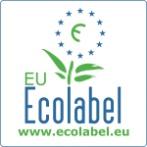 | European Union Ecolabel: Created by the European Union to promote the marketing of products and services that are more environmentally friendly (also known as the European Ecolabel) |
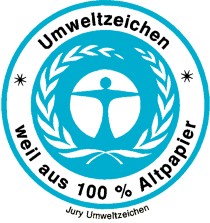 | Blue Angel: awarded by the German Institute for Quality and Certification to different products and services that meet environmental criteria. |
 | Nordic Swan: is the official eco-label of the Nordic countries that assesses the environmental impact of a product throughout its life cycle. |
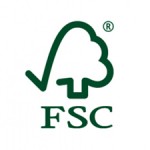 | FSC certificate: guarantees that the product comes from sustainably and responsibly managed forest plantations. It is issued by the non-profit association Forest Stewardship Council |
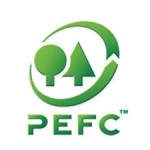 | PEFC Certification: is a forest certification granted by the non-profit organization Program for the Endorsement of Forest Certification, which promotes the sustainable management of forests achieving a social, environmental and economic balance. |
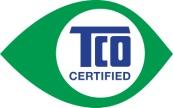 | TCO: applies to electronic devices and values that their manufacture, use and recycling of their components is carried out following criteria of social and environmental responsibility. |
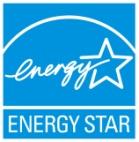 | Energy Star: Energy efficiency certificate awarded to office equipment that meets environmentally friendly requirements. |
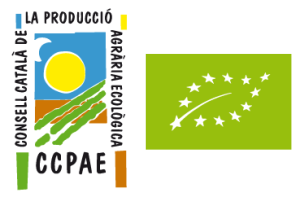 | CCPAE: certification from the Catalan Council of Organic Agricultural Production which guarantees that the products have been produced or processed in accordance with the rules of organic farming, and that they have been controlled throughout their production, processing, packaging and marketing. Since 2010, the logo of organic farming products has been accompanied by the Eurofull, which identifies the origin and quality of organic food and drink throughout Europe. |
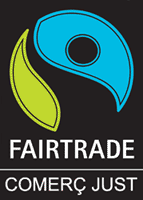 | Fairtrade Seal: is the most recognized fair trade product certification system in the world, such as coffee, cocoa or sugar. The products with this seal guarantee a fair remuneration to the small producers, that the rights of the workers are respected, and that techniques of organic culture are applied replacing the conventional ones. |
Impact on the environment
